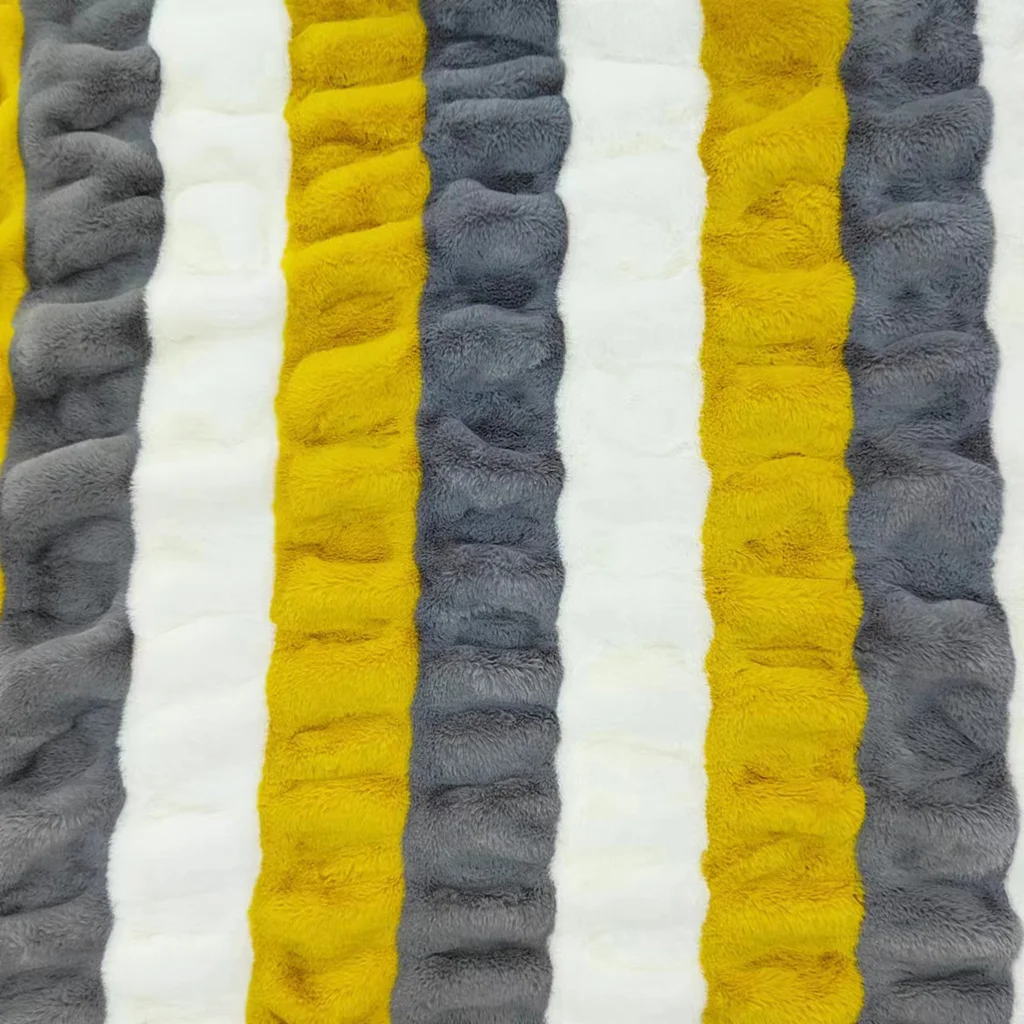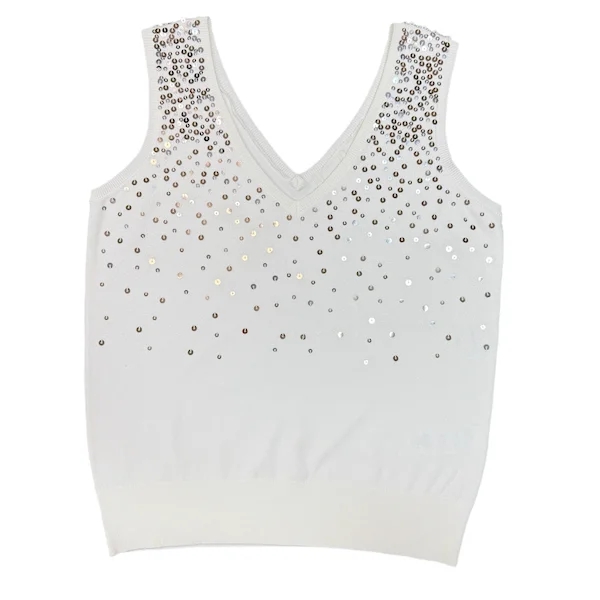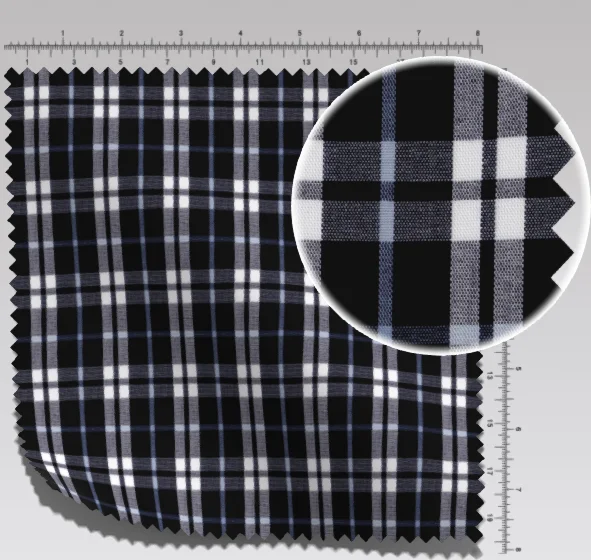Looking to upgrade your outdoor adventures? A waterproof car awning might just be the game-changer you need. Whether you're an avid camper, beach lover, or tailgating enthusiast, a reliable and durable waterproof car awning can transform your vehicle into a comfortable shelter, offering protection from the elements and expanding your living space on the go.
With its roots in providing shade for vehicles in sunny climates, car awnings have evolved to become essential accessories for outdoor enthusiasts seeking versatility and convenience. From spontaneous road trips to planned camping excursions, a waterproof car awning is designed to adapt seamlessly to various environments while withstanding diverse weather conditions. Stay tuned as we delve into the features, benefits, and top considerations when choosing the perfect waterproof car awning for your next escapade.
Benefits of Using a Waterproof Car Awning
Protection from the Elements
A waterproof car awning provides excellent protection from various weather conditions. Whether it's scorching sun, heavy rain, or strong winds, a waterproof awning shields you and your vehicle from the elements. For instance, during a camping trip, it can serve as an outdoor shelter to keep you dry during unexpected rainfall or provide shade on hot sunny days. This protection ensures that you can enjoy outdoor activities without worrying about sudden changes in weather.
A waterproof car awning also offers protection for your vehicle itself. By providing cover against rain and UV rays, it helps prevent damage to the car's exterior paint and interior materials. Prolonged exposure to direct sunlight can cause the dashboard and seats to fade over time. With a waterproof awning in place, these issues are significantly minimized.
Versatility and Convenience
Another benefit of using a waterproof car awning is its versatility and convenience. It serves multiple purposes such as creating an additional living space outside your vehicle or acting as a makeshift kitchen area while camping. The ability to extend usable space beyond the confines of your car adds comfort and flexibility to any outdoor adventure.
Moreover, setting up a waterproof car awning is usually quick and straightforward. Most models come with easy-to-follow instructions for assembly which makes them user-friendly even for those with minimal experience in outdoor gear setup. This convenience allows you to spend more time enjoying your surroundings rather than struggling with complicated equipment.
In addition:
-
Provides extra storage
-
Offers privacy when changing clothes or taking showers outdoors
-
Can be used as a shelter for pets during travel
Different Types of Waterproof Car Awnings
Retractable Awnings
Retractable car awnings are versatile and easy to use. They can be extended or retracted as needed, providing shade and protection from the elements. These awnings are typically made of waterproof materials such as polyester or polyethylene, ensuring that they keep you dry during rainy weather. Some retractable awnings also come with adjustable legs for added stability on uneven terrain.
Retractable car awnings offer the flexibility to adjust the coverage area based on your specific needs. For instance, if you're camping in a location where rain is expected, you can extend the awning further out to create a larger sheltered space around your vehicle. On sunny days, you have the option to retract it partially for just enough shade without blocking the view.
Roof Rack-Mounted Awnings
Roof rack-mounted car awnings are designed to attach directly to the roof rack of your vehicle. This type of awning is popular among off-road enthusiasts and campers due to its convenience and ease of installation. The waterproof fabric used in these awnings ensures protection from rain, making them suitable for various outdoor activities such as camping, picnicking, or tailgating.
One key advantage of roof rack-mounted car awnings is their ability to provide shelter over an extended area surrounding your vehicle without requiring additional support poles or stands. Many models feature telescoping poles that allow for quick setup and takedown when you're on-the-go.
Key Features to Look for in a Waterproof Car Awning
Material Quality
When selecting a waterproof car awning, it's crucial to prioritize the material quality. Look for awnings made from durable, waterproof materials such as polyester or poly-cotton blend. These materials offer excellent resistance against water and ensure longevity even in adverse weather conditions.
A high-quality waterproof car awning should also feature strong stitching and reinforced corners to prevent tears and leaks. This ensures that the awning can withstand heavy rain without compromising its waterproof capabilities.
Easy Installation and Setup
Opt for a waterproof car awning that boasts easy installation and setup processes. A user-friendly design with straightforward instructions can make all the difference, especially when setting up camp after a long day of driving.
Look for features like telescopic poles, intuitive locking mechanisms, and pre-attached guy ropes to streamline the installation process. Quick-release mounts or brackets facilitate hassle-free attachment to your vehicle, saving time and effort during setup.
Size and Coverage
Consider the size and coverage offered by different waterproof car awnings based on your specific needs. Whether you require ample shade for cooking at campsites or protection from unexpected downpours, choose an awning that provides sufficient coverage.
Some models offer adjustable height settings or extension panels to accommodate various setups. For example, a larger family might benefit from an extended canopy area while smaller groups may find compact designs more suitable for their adventures.
UV Protection
In addition to being waterproof, an ideal car awning should provide reliable UV protection to shield you from harmful sun exposure during outdoor activities. Seek out options equipped with UPF (Ultraviolet Protection Factor) coatings or materials designed specifically to block out harmful UV rays effectively.
UV-resistant fabric not only protects you but also helps preserve the overall integrity of the awning over time by minimizing sun-induced wear and fading caused by prolonged exposure.
Materials and Technologies in Waterproof Car Awnings
Fabric Technology
Waterproof car awnings rely on advanced fabric technology to ensure protection against the elements. These materials are often made of durable, waterproof fabrics such as polyester or poly-cotton blends. The key feature is a specialized waterproof coating that prevents water from penetrating the fabric. This ensures that your outdoor adventures remain comfortable even in rainy conditions.
The fabric technology used in waterproof car awnings also incorporates UV resistance to provide shelter from the sun's harmful rays. By using high-quality materials with UV protective coatings, these awnings offer not only waterproof capabilities but also protection from prolonged sun exposure, making them ideal for various weather conditions and climates.
Seam Sealing
Seam sealing is an essential aspect of creating a truly waterproof car awning. To prevent water from seeping through the seams where different pieces of fabric are joined together, manufacturers utilize techniques like heat-taping or seam sealant application to reinforce these vulnerable areas. This meticulous approach ensures that no water can penetrate through the seams, providing reliable protection during adverse weather conditions.
Manufacturers may employ methods such as double stitching combined with seam tape or liquid sealants to create watertight seals along all seams and stitching lines. This attention to detail enhances the overall effectiveness of the awning's waterproofing capabilities, ensuring that users stay dry and comfortable regardless of external weather factors.
Frame Construction
In addition to advanced fabric technology and seam sealing processes, waterproof car awnings also feature robust frame construction designed for stability and durability. Typically constructed using lightweight yet sturdy materials such as aluminum or fiberglass, these frames provide structural support while remaining resistant to rust and corrosion when exposed to moisture.
The frame construction often includes telescoping poles or adjustable legs that allow users to customize their setup according to specific terrain requirements. Furthermore, some models incorporate innovative hinge systems for easy deployment and retraction without compromising on strength or stability.
Installation Tips for Waterproof Car Awnings
Proper Anchoring
When setting up a waterproof car awning, it's crucial to ensure proper anchoring. This involves using sturdy, reliable anchors like pegs or sandbags. The goal is to secure the awning firmly to the ground, preventing it from being blown away by strong winds.
Anchoring not only keeps the awning in place but also enhances its stability and durability. For instance, if you're camping on a beach with loose sand, consider using longer pegs that can penetrate deeper into the ground for better grip. Utilizing sandbags as extra weight can further fortify the anchoring system and prevent unexpected mishaps.
Angle Adjustment
Adjusting the angle of your waterproof car awning is another essential aspect of installation. By tilting it properly, you can effectively deflect rainwater and prevent pooling on top of the fabric. This adjustment ensures that water runs off smoothly without accumulating and causing potential damage.
For example, when expecting heavy rainfall or strong winds during your outdoor adventure, positioning one side of the awning slightly lower than the other facilitates efficient water runoff. Moreover, this inclination also allows for improved ventilation underneath while maintaining protection from both rain and harsh sunlight.
Longlete
YKshitaiLLT@outlook.com





+ There are no comments
Add yours